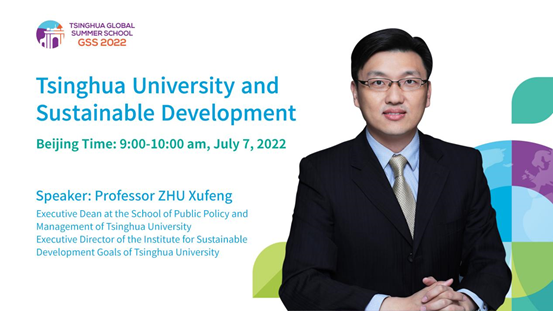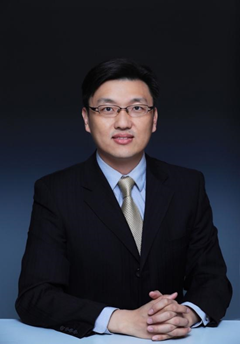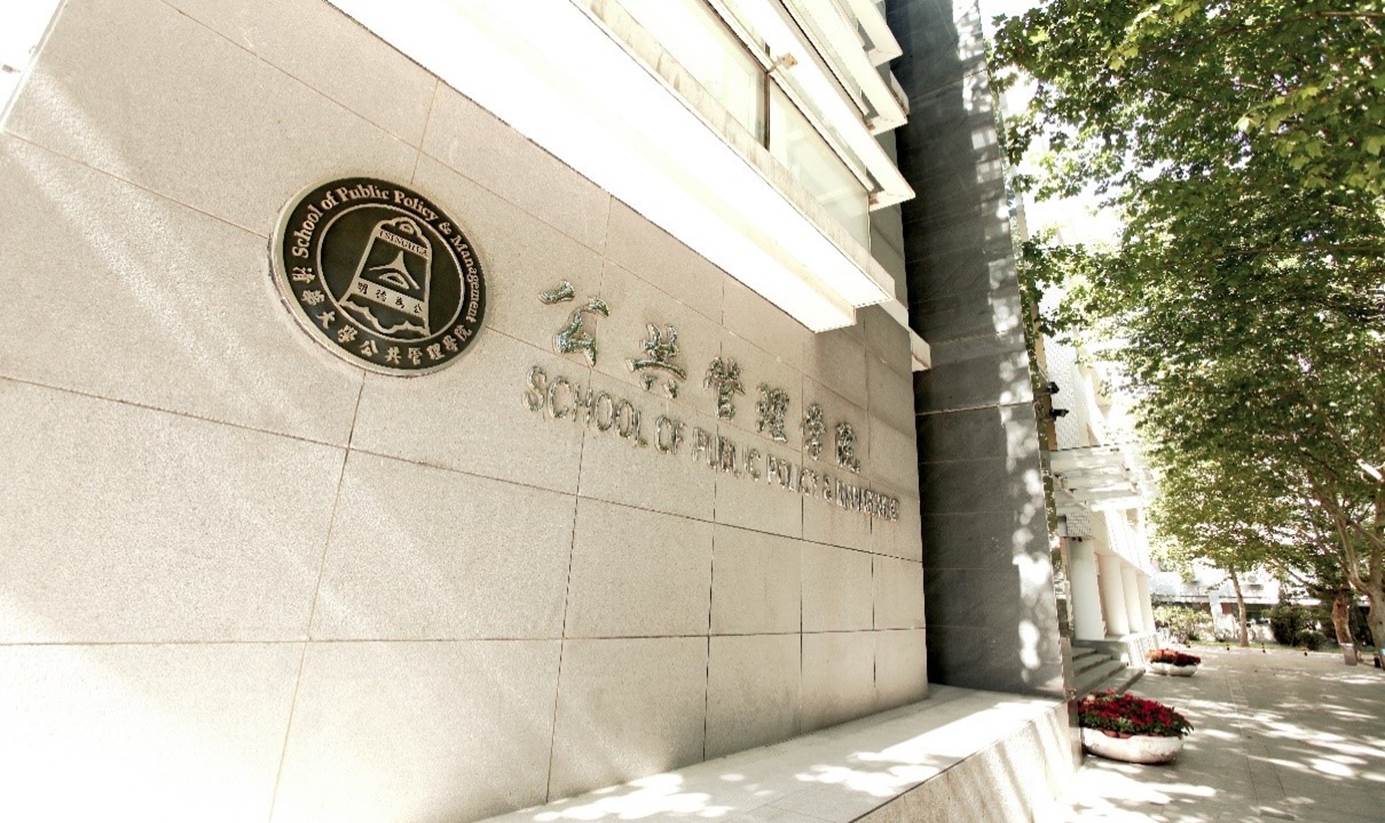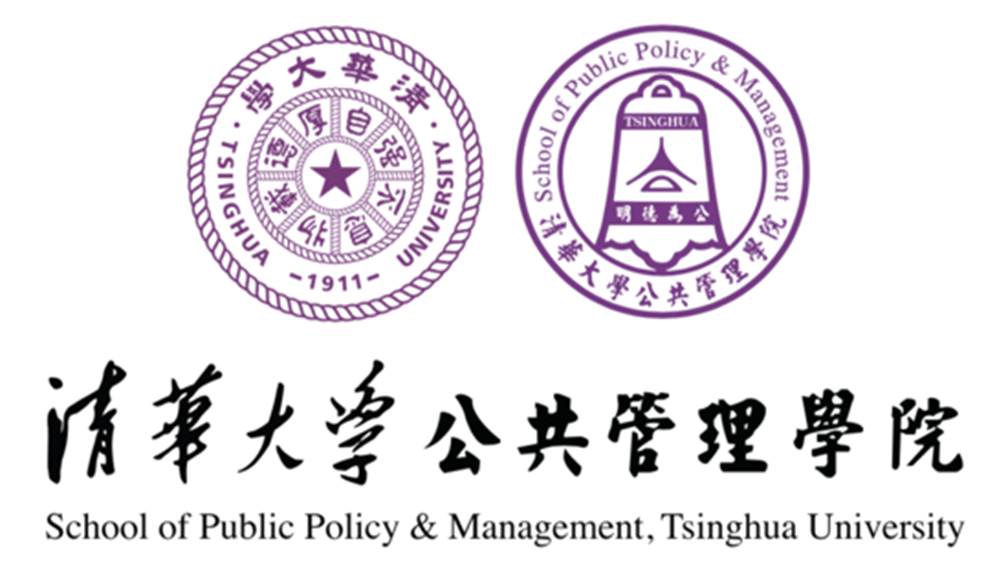
1. Theme and Introduction
Tsinghua University and Sustainable Development
In September 2015, the 2030 Agenda for Sustainable Development, which includes 17 Sustainable Development Goals (SDGs), was approved by the United Nations. This global agenda aims to lead countries in their efforts to eradicate all forms of poverty, achieve equality and tackle climate change, while ensuring that no one is left behind. The SDGs set the direction for global development and international collaboration and outline a blueprint for a prosperous and sustainable world. Universities shoulder multiple responsibilities, including talent training, research, social service, cultural inheritance and innovation, and international exchange and cooperation. They not only provide vital knowledge and solutions to help realize the SDGs, but also a platform to mobilize and take action. This lecture aims to illustrate how Tsinghua University, in performing its functions as a university, strives to contribute to the campus-wide, nationwide, and worldwide implementation of the SDGs.
2. Special Invited Professor/Scholar

ZHU Xufeng is currently Professor and Executive Dean at the School of Public Policy and Management of Tsinghua University (Tsinghua SPPM), Director of the Think Tank Research Center of Tsinghua SPPM and Executive Director of the Institute for Sustainable Development Goals of Tsinghua University (TUSDG), Deputy Director of the Science & Technology Development and Governance Center of Tsinghua University (TUSTDG). He has won many national academic awards including the China National Science Fund for Distinguished Young Scholars of China (2016), the Youth Award of Management Science in China (2014), the National Program for Support of Top-notch Young Professionals (2012), and the National Outstanding Youth Fund (2013). He is nominated as one of the members of the Committee for Development Policy of United States. His research interests include the policy process, think tank and expert involvement, Science & Technology policy, environment and climate policy, public governance in transitional China and sustainable development.
3. Academic Support Department
The School of Public Policy and Management of Tsinghua University (Tsinghua SPPM) was founded in 2000 and is the first graduate school of public administration in China. The school’s mission is to become a world-class institution that actively engages in teaching, research, and consultation of global public affairs. In 2013, the school’s MPA program became the first internationally certified public management master’s program by the Network of Schools of Public Policy, Affairs, and Administration (NASPAA) outside the United States. In 2017, the professional degree education of public administration at Tsinghua University was awarded A+.
Over the last 20 years, the school has built a diverse, interdisciplinary faculty team, which currently consists of over 60 faculty members working in the fields of public policy and governance, public management, NGO studies, and global governance. The school currently offers four programs taught in Chinese, including Master of Management, Doctoral, Master of Public Administration, and Minor Bachelor’s Degree programs, and seven Master’s programs taught in English, including MPA in International Development (MID), International MPA (IMPA), MPA in International Development and Governance (MIDG), Master of Public Policy for Sustainable Development Goals (MPP-SDG), IMPA in the Belt and Road Initiative (IMPA-BRI) and IMPA for Future Leaders (IMPA-FL) program.


The 2022 Tsinghua Global Summer School will be held from July 4 to July 10, themed A Healthy Planet for Sustainable Development. There will be more than 1,000 outstanding young students from all over the world participating in the courses online.
Website:
https://www.xuetangx.com/live/20220704summerintl/20220704summer/12259630/21931106